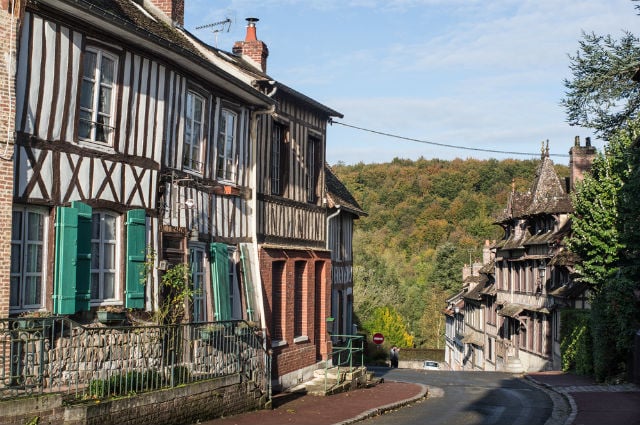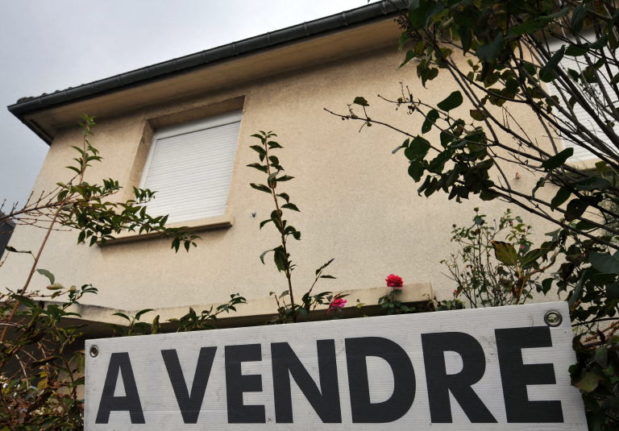In France there are some extra costs specifically associated with owning a second property – and it's crucial to know about these before you lose all of your hard earned cash to the French taxman.
The taxe d'habitation (local tax or council tax) is being phased out in France and will be completely abolished by 2021… but this is only the case for principle residences and not second homes.
The taxe d'habitation can add a lot to your annual outgoings and is calculated according to the rental value of properties in your area which have been mapped out and have tax rates associated with them which have been voted on and approved by local authorities.
READ ALSO:
- From taxes to toilets: All you need to know about renovating a house in France
- Where in France will a countryside home cost you the most?
 Photo londondeposit/Depositphotos
Photo londondeposit/Depositphotos
It's a complicated and outdated calculation system – which is one of the reasons it is being scrapped for the majority of people in France – but the reforms have actually increased tax bills for many second home owners.
This is down to the fact that not only did President Emmanuel Macron want to scrap the tax for principal residences, but he also allowed city councils across France to drastically increase their tax on second homes.
- Double your budget and make friends with the mayor – top tips on French renovations
- Ten things I wish I'd known before I moved to rural France
 Photo: AFP
Photo: AFP



 Please whitelist us to continue reading.
Please whitelist us to continue reading.
Member comments